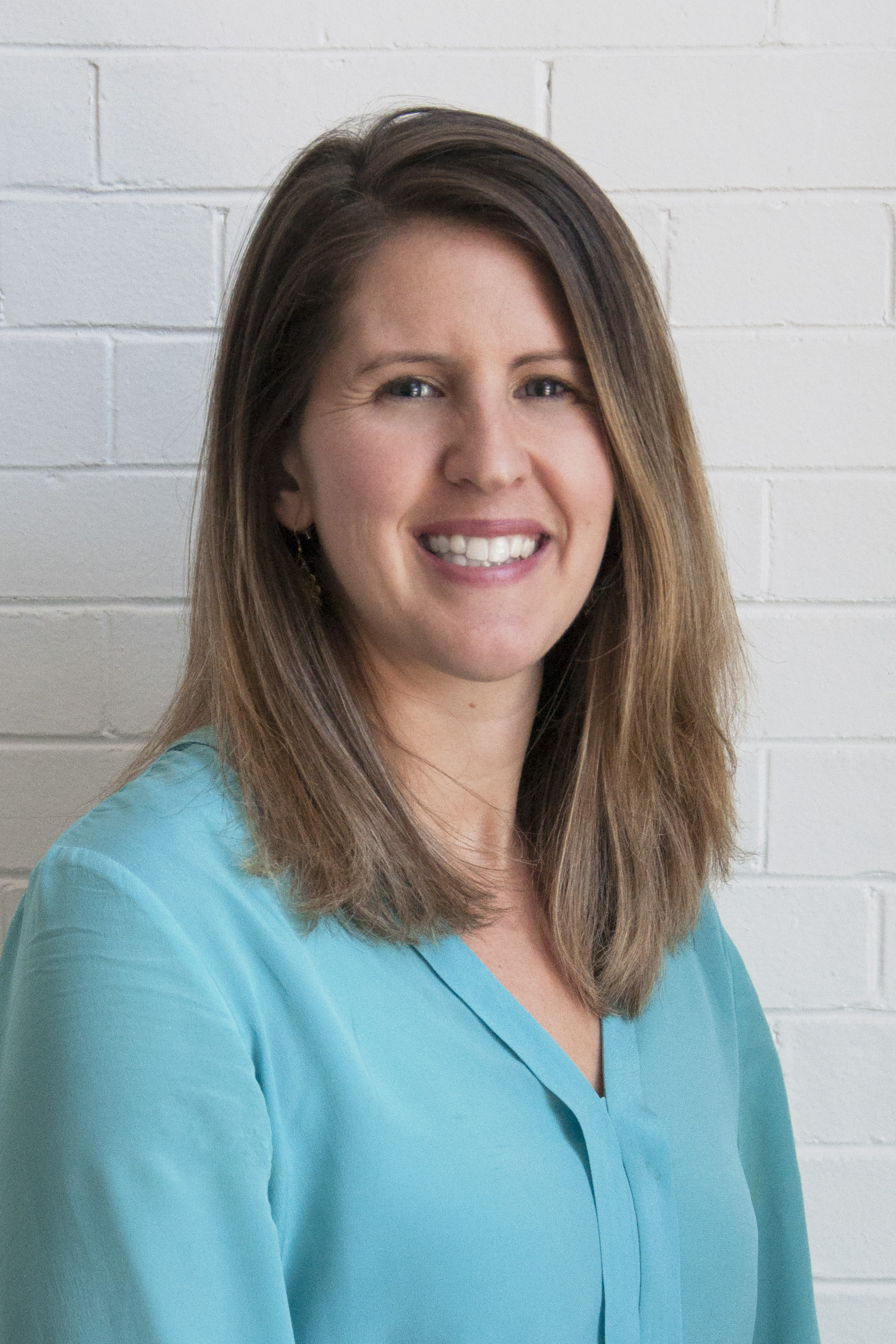Contentious Cogovernance and Prefiguration: A Framework for Analyzing Social Movement–State Relations in Public Education
Abstract
This article offers a framework for analyzing social movement participation in public education through a focus on universities in Brazil. It builds on the literature on social movement–state relations, participatory governance, and community organizing in schools, drawing on the case of the Brazilian Landless Workers Movement and the National Program for Education in Areas of Agrarian Reform (PRONERA) to illustrate the need to recenter the idea of conflict as a central and ongoing process of social movement participation in public schools and universities. The article also introduces the concept of prefiguration and highlights how students can prefigure in the formal public school system the types of social and economic practices they hope to build in the future. Contentious cogovernance and prefiguration are tools not only for improving educational equity but also for increasing the strength and internal capacity of social movements, paralleling the role Paulo Freire envisioned for nonformal popular education within grassroots organizations.
Abstract
This article offers a framework for analyzing social movement participation in public education through a focus on universities in Brazil. It builds on the literature on social movement–state relations, participatory governance, and community organizing in schools, drawing on the case of the Brazilian Landless Workers Movement and the National Program for Education in Areas of Agrarian Reform (PRONERA) to illustrate the need to recenter the idea of conflict as a central and ongoing process of social movement participation in public schools and universities. The article also introduces the concept of prefiguration and highlights how students can prefigure in the formal public school system the types of social and economic practices they hope to build in the future. Contentious cogovernance and prefiguration are tools not only for improving educational equity but also for increasing the strength and internal capacity of social movements, paralleling the role Paulo Freire envisioned for nonformal popular education within grassroots organizations.
